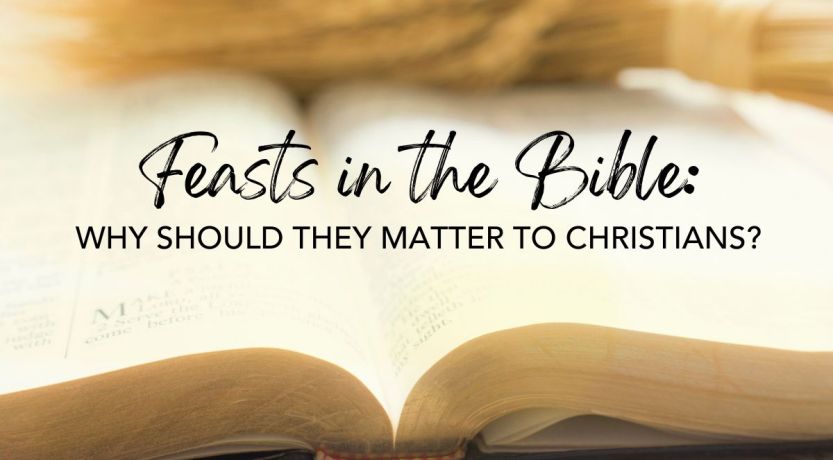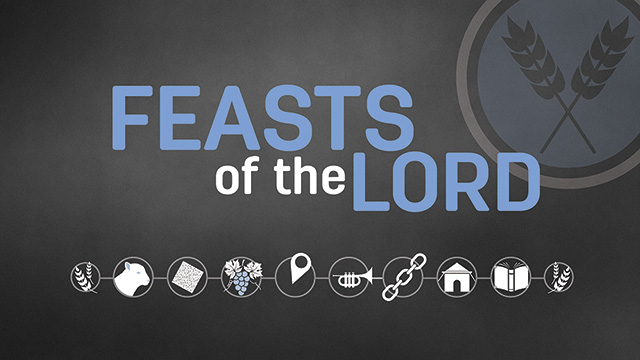
Biblical Feasts: Understanding Their Christian Significance Today
God established seven annual feasts, each carrying profound spiritual significance for Christians. These appointed times reveal God's plan of salvation for humanity.
- Passover
- Historical: Commemorates God sparing Israelites through lamb's blood on doorposts
- Fulfillment: Jesus Christ's sacrifice for sin redemption
- Christians observe it as reminder of salvation through Christ
- Feast of Unleavened Bread
- Represents removal of sin (symbolized by leaven)
- Historical: Marks Israel's exodus from Egyptian slavery
- Fulfillment: Freedom from spiritual slavery to sin through Christ

Text: "Feasts in the Bible"
- Feast of Weeks (Pentecost)
- Represents first spiritual harvest
- Historical: Commemorates giving of God's law at Sinai
- Fulfillment: Establishment of Church through Holy Spirit

Vineyard harvest at desert sunset
- Feast of Trumpets
- Pictures Christ's return and God's intervention
- Historical: Memorial of trumpet blowing
- Fulfillment: Seven trumpets announcing end-time events
- Day of Atonement
- Represents reconciliation between God and humanity
- Historical: Involves two goats ceremony and fasting
- Fulfillment: Christ's sacrifice and Satan's removal
- Feast of Tabernacles
- Pictures millennial reign of Christ
- Historical: Seven-day harvest celebration in temporary dwellings
- Fulfillment: 1,000-year period of peace and restoration
- The Eighth Day
- Represents final phase of salvation
- Historical: Additional Sabbath after Tabernacles
- Fulfillment: Great White Throne Judgment period

Feasts of the Lord Calendar
These biblical feasts outline God's comprehensive plan for human salvation, providing Christians with a profound understanding of His purpose for mankind.

People observing religious feast gathering

Roman temple with marble columns

Bright full moon above dark forest
Related Articles
When Is the Biblical Time to Observe Passover?

